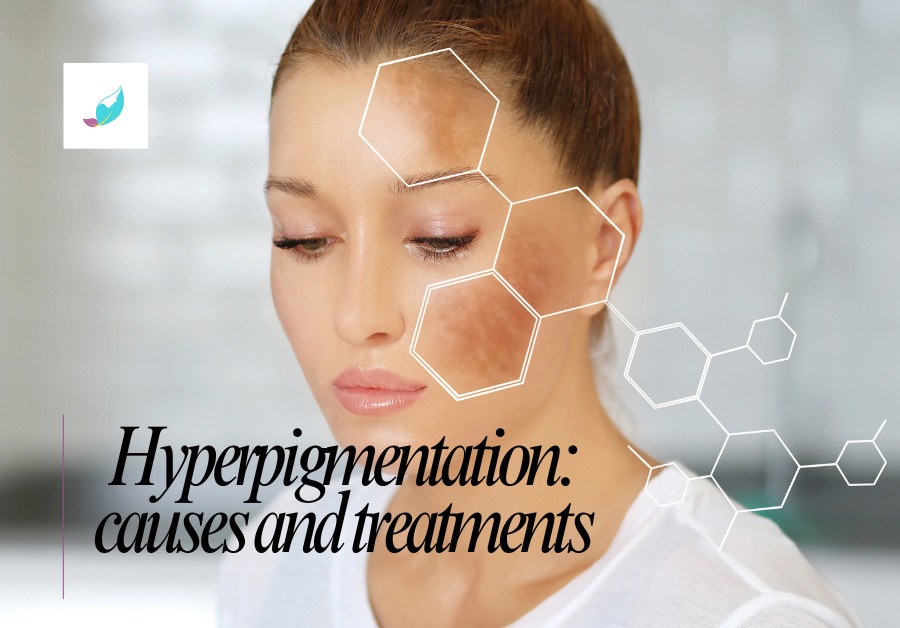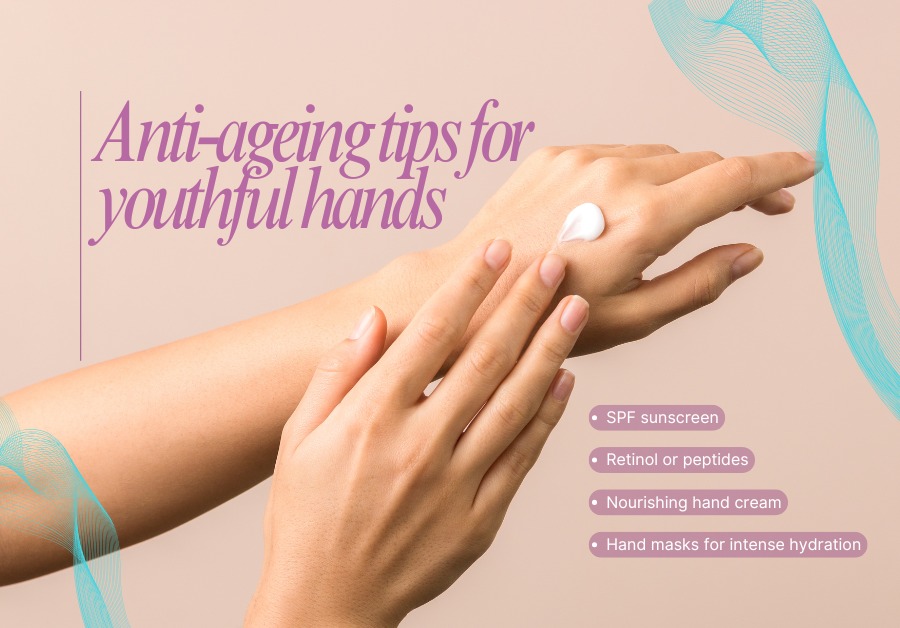The hottest skin revitalizing trend in aesthetics: Polynucleotide Treatment

The world of skin rejuvenating injectables is constantly evolving as practitioners find new ways to maintain our overall skin health.
One of the biggest trends in this space is regenerative medicine, and polynucleotide treatments are taking aesthetic skincare in an exciting direction.
Polynucleotides, also known as polydeoxyribonucleotides, are organic molecules that form part of our DNA and RNA—the building blocks of all living organisms.
They are crucial to many of our bodies’ functions, including cellular repair and regeneration.
After years of use in general medicine and more than 90 clinical trials, aesthetic practitioners have harnessed these abilities to help revitalize skin health.
Going beyond dermal fillers and skin boosters
Polynucleotide injections work in harmony with our skin's renewal processes, ensuring that the results of the treatment journey are natural yet effective.
Many polynucleotide treatments used in aesthetic clinics are sourced from fish DNA, which closely resembles our own.
Unlike traditional skin boosters or dermal fillers, which use hydration to plump out the skin, polynucleotide treatments promote regeneration at a cellular level.
They help repair damage caused by free radicals, heal sun-damaged skin, reduce skin laxity, and boost overall skin health.
Collagen and Elastin Production
Polynucleotides also stimulate the production of collagen and elastin, essential proteins that improve skin elasticity and firmness, combating the visible signs of aging.
The treatment can also enhance the skin’s ability to retain water, improving skin texture and reducing fine lines and wrinkles.
The Benefits of Polynucleotide Treatment
Polynucleotide treatments offer several advantages for skin rejuvenation. They can be used as an under-eye treatment, fill out a crepey neck, smooth out hip dips, and even benefit hair health. Additionally, they are flexible enough to be combined with other aesthetic treatments.
Boosting Skin Volume:
Polynucleotide treatment can restore plumpness and volume to skin that has lost hydration, giving it a youthful and fresher look.
Dull, Dry Skin:
The treatment enhances skin hydration, improving skin quality and plumping out the layers.
Sensitive Skin Renewal:
Polynucleotides support sensitive skin by repairing the barrier function, reducing redness, and improving elasticity.
Signs of Aging:
Polynucleotide treatments prompt collagen and elastin production, improving hydration, elasticity, and reducing fine lines and wrinkles.
Smoothing Skin:
By increasing skin hydration and cell renewal, polynucleotide injections can help refine pores and improve skin texture.
Acne Scars and Stretch Marks:
Polynucleotide treatments address skin concerns like broken tissue, reducing acne scars and stretch marks.
Hyperpigmentation:
Polynucleotide treatments combat uneven skin tone and dark spots by encouraging cell renewal.
Hair Loss:
Polynucleotide treatments have been shown to reduce hair loss and may even encourage hair growth by increasing skin elasticity on the scalp.
Studies have shown this form of skin rejuvenation injection can help reduce hair loss in men and women by increasing skin elasticity, and even encourage hair growth
Risks and Side Effects
We always recommend you go to one of the qualified, aesthetic practitioners listed on our app for polynucleotide treatments.
When carried out by a trained and experienced professional, polynucleotide treatments are generally thought of as safe
Although polynucleotide treatments often result in minimal downtime, post-treatment care can include gently applying a cold compress to alleviate side effects such as slight bruising or swelling, as well as tenderness and itching.
Products





 by
by